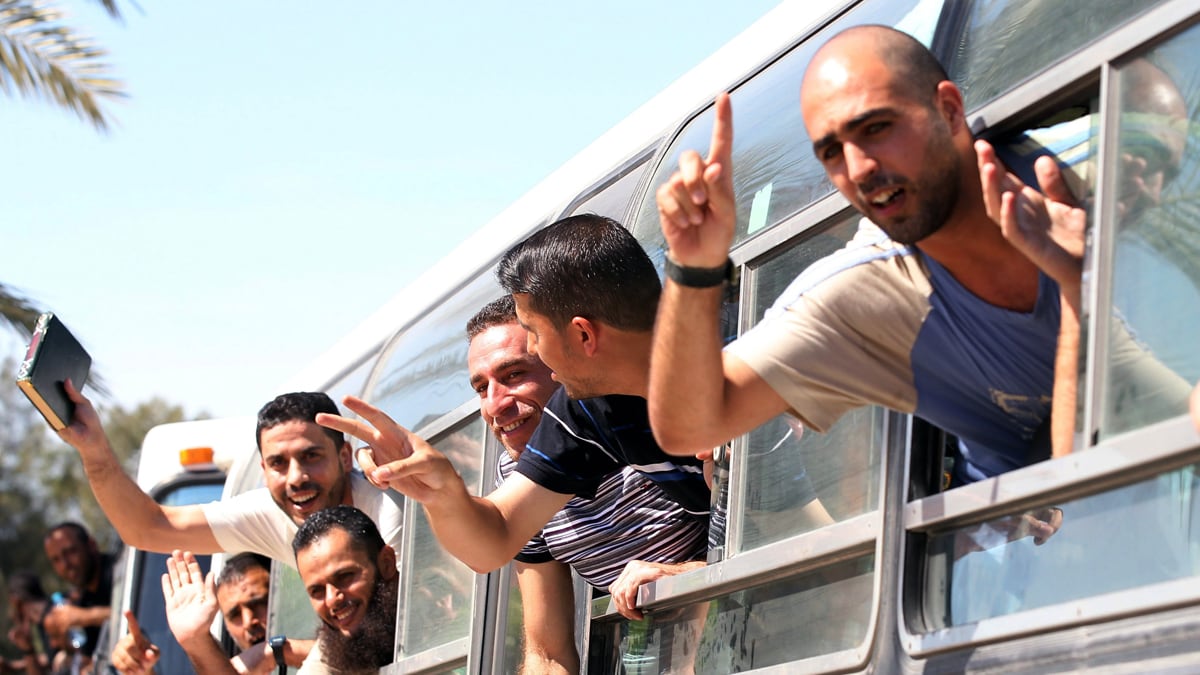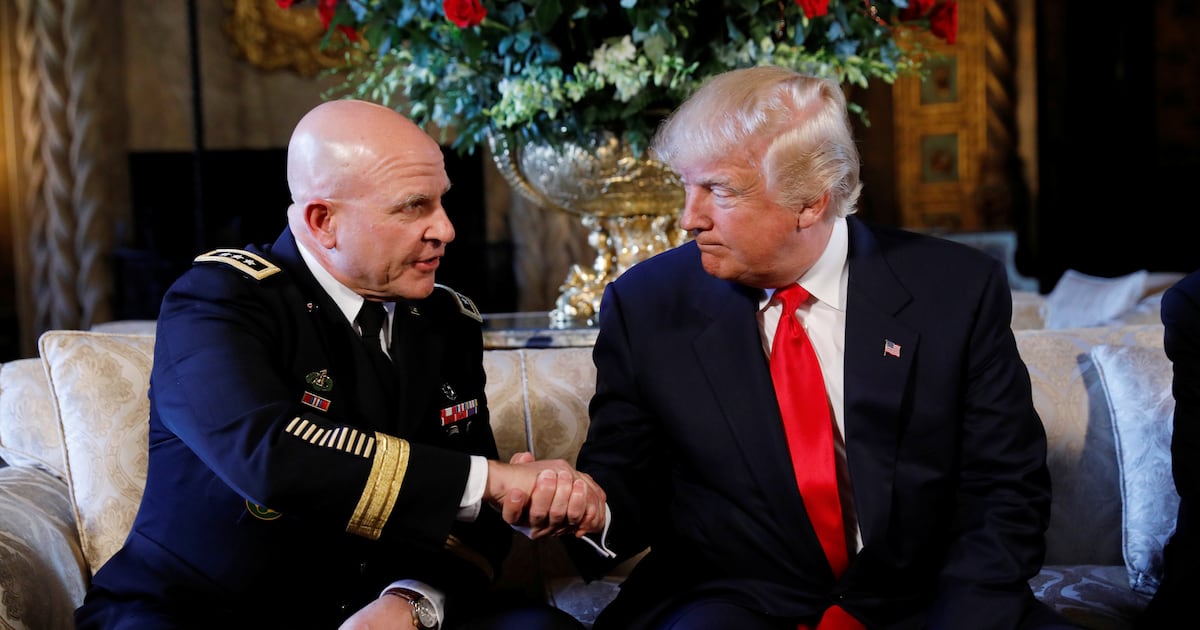It’s been a tough year for Hamas. In Gaza, where Hamas rule since 2007 has brought isolation and discontent, Palestinians had been turning away from the Islamic group in large numbers. In Syria, Arab Spring protests have weakened a regime that was once the group’s main benefactor.But after forcing Israel to release more than 1,000 prisoners in exchange for a lone Israeli soldier, Sergeant First Class Gilad Shalit, Hamas is now enjoying a wave of support and admiration across the Palestinian territories. At border crossings where Israel unloaded the prisoners from buses today, Palestinians who turned out to greet them chanted: “The people are with Hamas.”
How long the surge will last is hard to predict. At times in the past nine months, as revolutions swept aside nondemocratic regimes across the Arab world, Hamas has itself seemed vulnerable. The group came to power by force in Gaza and has governed the territory through a combination of Islamic rule and political patronage. Unemployment runs around 50 percent, in large part due to a crippling blockade Israel maintains.
But standing firm against Israel has huge appeal among Palestinians and so does advocating for prisoners. With Palestinians facing possible elections next year, the prisoner deal could turn out to be a political turning point.
“They’ll get a big bump out of it and they’ll be able to milk it for a while,” says Khaled Elgindy, a visiting fellow at the Brookings Institution in Washington and a former adviser to the Palestinian Authority. “Almost every Palestinian has a family member who has been in Israeli jail, so it’s something that touches everyone.”
Hamas freed Shalit early Tuesday morning, after grabbing him in a cross-border raid near Gaza and holding him in isolation for more than five years. Looking gaunt and strikingly pale, the 25-year-old soldier crossed the border from Gaza to Egypt and then to Israel, where a team of doctors and psychologists examined him. Interviewed by an Egyptian television crew during the exchange, Shalit said he thought his captivity might last many more years.

He said he learned from his captors a week ago about the pending release but worried a last-minute hitch might wreck the deal. “I’m very emotional. I haven’t seen people in a long time,” Shalit said in Hebrew, pausing before answering the questions and looking generally overwhelmed. After a short helicopter ride, he was reunited with his family at an air force base south of Tel Aviv.
Three Israeli television channels cancelled their regular programming to broadcast all day about Shalit, whose odyssey has captivated Israelis.
On the Palestinian side, tens of thousands gathered in a main square in Gaza to greet the prisoners in what became a show of force for Hamas, with speeches and flag-waving. Israel freed 477 Palestinians and is due to release another 550 in the coming weeks. Among them are Palestinians who were serving multiple life sentences for their roles in bombings and shooting attacks on Israelis. One Hamas official at the rally said that Palestinians could force the release of additional prisoners—thousands remain in Israeli jails—by abducting more soldiers. The demonstrators responded by chanting: “The people want a new Gilad!”
Under the deal, many of the prisoners who live in the West Bank are being released either to Gaza or to third countries, a provision that Israeli negotiators demanded in order to prevent future attacks on Israel. The exile and the fact that some high-profile prisoners like Marwan Barghouti of Fatah remain in prison has prompted criticism of Hamas.
Still, support for the deal runs high. According to research conducted by the Center for Opinion Polls and Survey Studies at An-Najah University in the West Bank, 86 percent of Palestinians are happy with the deal. More poignantly for Hamas, nearly 68 percent said the prisoner swap would boost support for the Islamic group among Palestinians.
One Hamas leader said the deal would also bring to end Israel’s blockage on Gaza—something Israeli officials have so far neither confirmed nor denied. “This is what representatives of European countries told us when they approached us about releasing Shalit,” Mahmoud Zahar, one of the leaders of Hamas in Gaza, told the Israeli newspaper Haaretz in an interview. “And the Israelis made the commitment as well,” he said.






